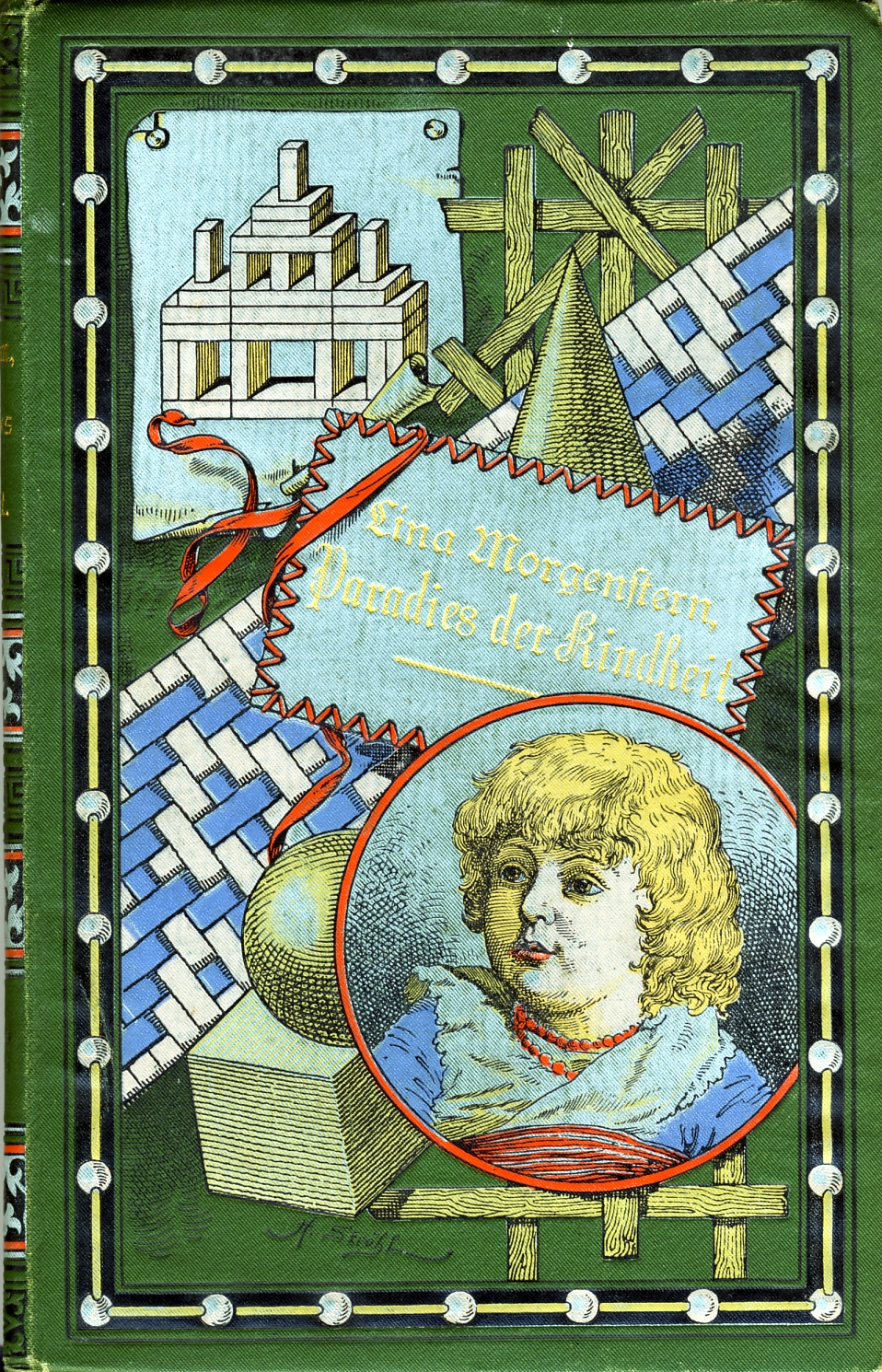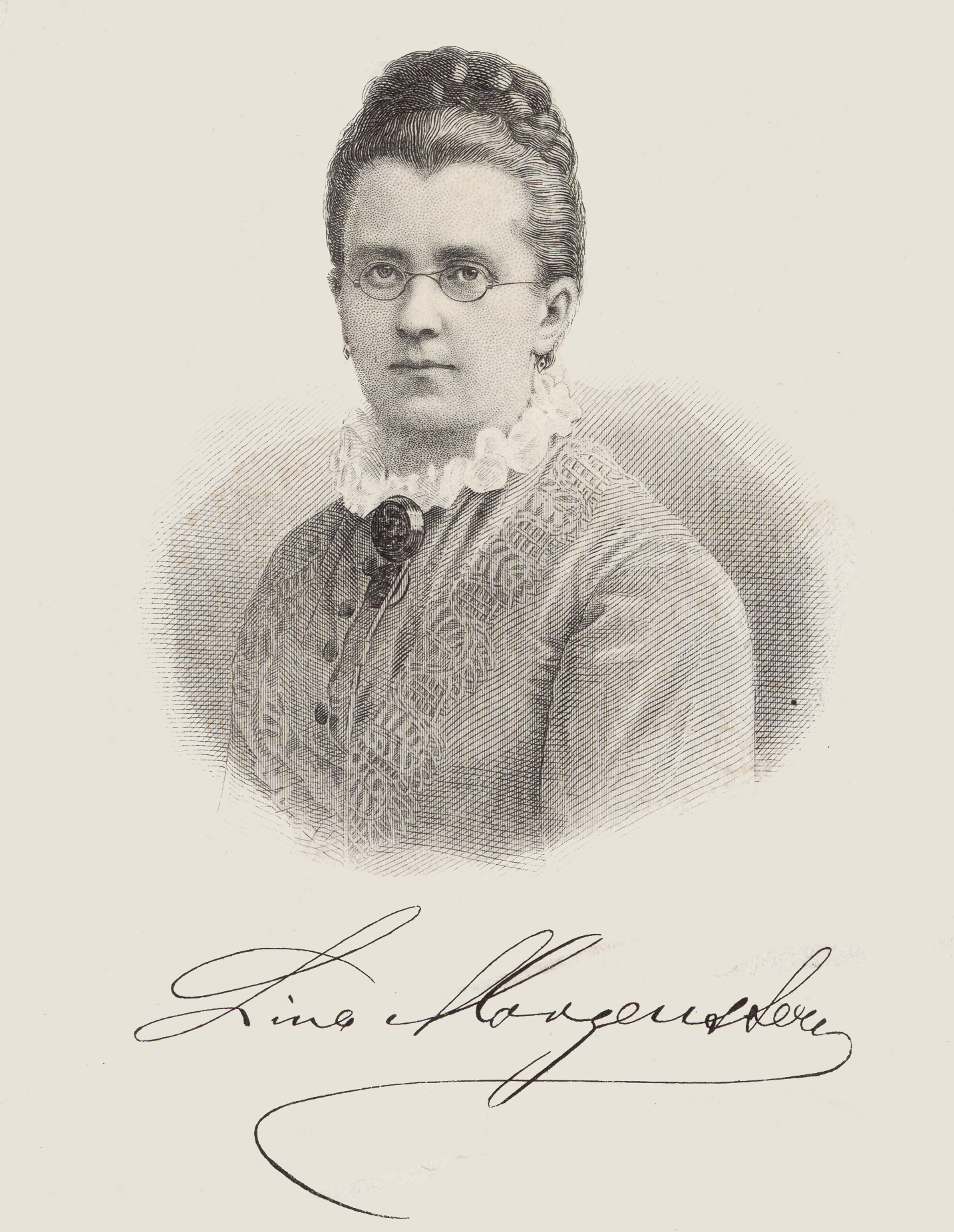Lina Morgenstern was first attracted to social work by the writings of Friedrich Fröbel (1782–1852). According to Fröbel, the future of humankind was in the hands of women, since theirs was the major formative influence during the first six years of a child’s life. Every young woman should therefore receive training as an educator. In contrast to the existing child-care centers, Fröbel advocated kindergartens in which children of all social classes and religions would engage together in play, handicrafts and music, like one big family. This aspect of his teachings aroused the distrust of the Prussian authorities, who ordered the closure of all kindergartens.
Lina Morgenstern began intensive Fröbel studies under Baroness Berthe von Marenholtz-Bülow even before the ban was lifted in 1860. She also joined the Women’s Association for Promoting Fröbel-style Kindergartens, serving as its president from 1862 to 1866. Since Fröbel’s writings were not readily accessible, she published a textbook, Das Paradies der Kindheit (The Childhood Paradise, 1861), which scored an enormous success in Germany and abroad and by 1905 had gone into seven editions. She later published additional books of stories for children.
Available in the New York Public Library or use www.worldcat.org to find a library with a copy or microfilm of “Das Paradies der Kindheit durch Spiel, Gesang und Beschäftigung : Friedrich Fröbel’s Spielbeschaftigungen als ein zusammenhängendes Ganzes nebst Erzählungen und Lieber zur Spielanwendung : ein praktisches Handbuch für alle Freund der Kinderwelt” by Lina Morgenstern
via Lina Morgenstern – Wikipedia entry in English.
via Lina Morgenstern – Wikipedia entry in German.

